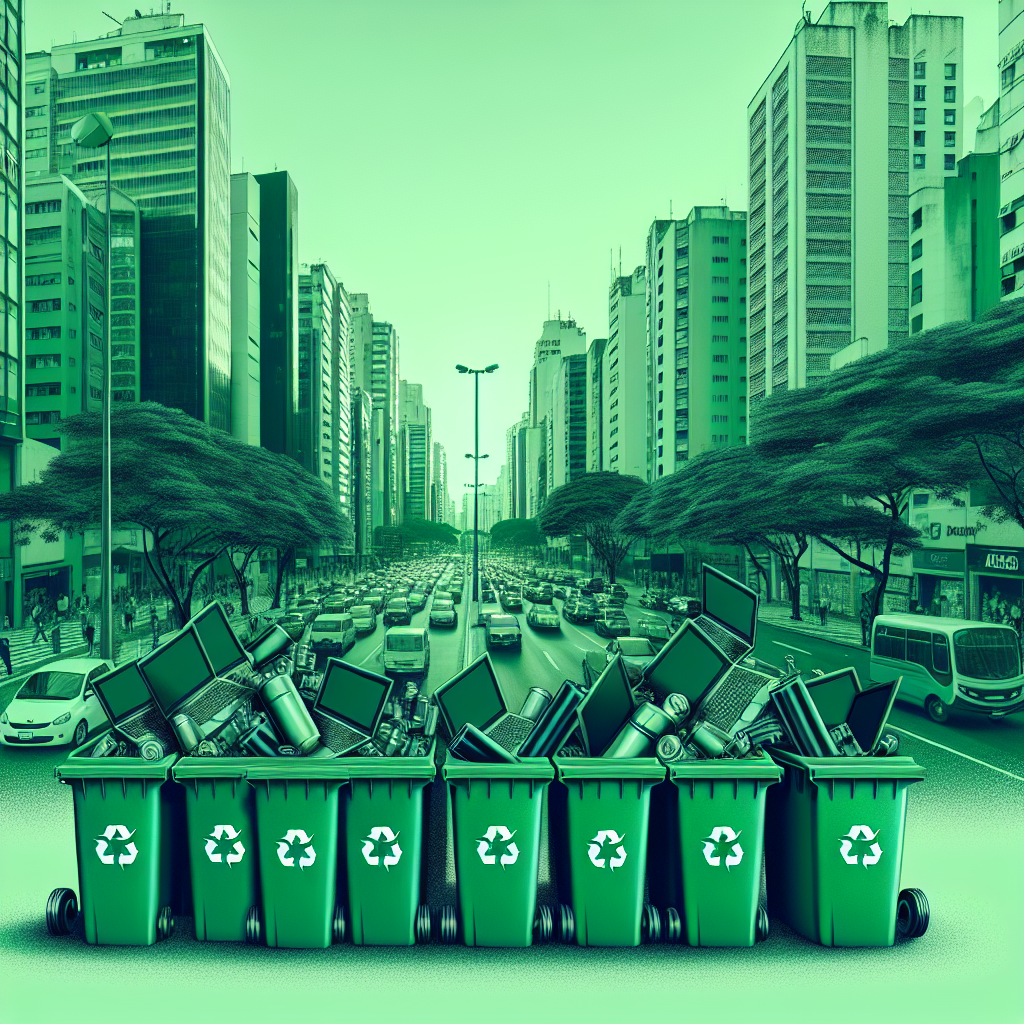Blog Ecobraz Eigre

notebook battery disposal São Paulo
Legal Framework for Notebook Battery Disposal in São Paulo
The correct disposal of notebook batteries is regulated mainly by the National Solid Waste Policy (Law No. 12.305/2010), available at planalto.gov.br. According to this law, batteries are considered hazardous waste due to the presence of heavy metals and harmful chemical substances. The legislation requires that disposal be done through reverse logistics systems to avoid environmental impacts, such as contamination of soil and groundwater.
Disposal and Collection Mechanisms in São Paulo
In São Paulo, the CETESB regulates the management of hazardous solid waste, including laptop batteries. Collection must be done at authorized points that receive this type of material to ensure safe handling and proper disposal. For the disposal of batteries and electronic equipment, it is recommended to use specialized services to schedule the collection of electronic waste, ensuring compliance with the standard.
Environmental Impacts of Improper Disposal
The improper disposal of batteries can lead to contamination by heavy metals such as lead, cadmium and mercury, causing damage to fauna, flora and human health. Environmental protection requires that notebook batteries be sent for recycling or treatment in appropriate facilities, following the guidelines of CONAMA Resolution No. 401/2008 (mma.gov.br).
Security in the Disposal of Data in Electronic Devices
Another important aspect is the security of information stored in electronic devices, such as notebooks. For the disposal of storage units (hard drives and media), there are specific technical procedures that guarantee the sanitation of the data, in accordance with recommended and regulated best practices. To ensure the safe disposal of these materials, it is essential to use services specializing in safe disposal of electronic media.
Regulations and Responsibilities
In addition to the PNRS and CONAMA, the National Solid Waste Management Information System (SINIR) available at sinir.gov.br helps to manage and monitor the correct disposal of waste in Brazil. Battery disposal in São Paulo must be carried out in accordance with local and federal legislation, prioritizing environmental protection, public health and information security.
In summary, the handling of notebook batteries requires compliance with current regulations, the use of authorized delivery points and the adoption of certified technology for treatment and recycling, preventing environmental impacts and risks to public health.

Deixe um comentário
O seu endereço de e-mail não será publicado. Campos obrigatórios são marcados com *